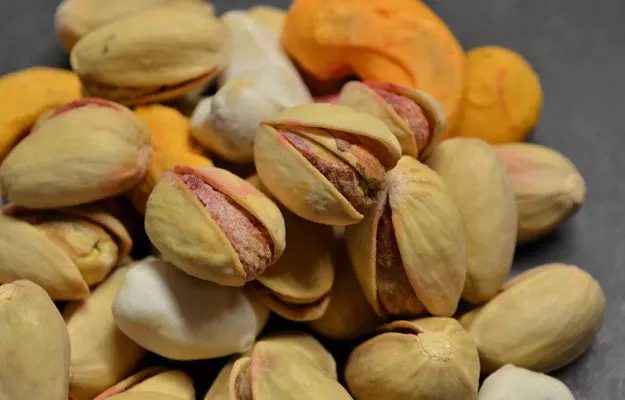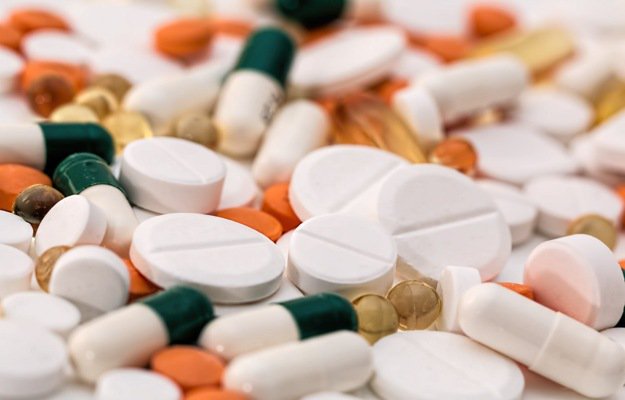Prized for their unique flavour and intriguing hues, pistachios are one of the oldest nuts in the world. A member of the cashew family, the pistachio is a small tree that originates from Central Asia and the Middle East. It is believed that pistachios are being grown in the Middle East for thousands of years. Mentions of pistachios can be found in the Old Testament of the Bible, which indicates their rich history as a prized food source.
Archaeology reveals that pistachio seeds were a common food as early as 6750 BC. It was unique to Syria until it was introduced into Italy and Hispania. Archaeologists have found evidence from excavations in northeastern Iraq that indicate the consumption of the Atlantic pistachio. The modern pistachio was first cultivated during the Bronze Age in Central Asia, where the earliest example is from modern Uzbekistan. Currently, pistachio is cultivated commercially in parts of the English-speaking world, such as Australia along with New Mexico and California in the United States, where it was introduced in 1854. In 2014, Iran and the United States, being the major producers of pistachios, together accounted for 76% of the total world production
Apart from being a tasty snack, this exotic delight is a storehouse of nutrients, antioxidants and healthy proteins. It is excellent for the health of the heart and brain and the dietary fiber present in pistachios can help in losing weight.
Pistachios can be eaten alone as a snack, either fresh, roasted or salted, on top of a salad, mixed with dried fruits, in baked goods, or as a crunchy coating for fish or meat. In addition to these, pistachios are also used to make pistachio ice-cream, kulfi, baklava, pistachio butter, halwa, and even chocolate.
Some basic facts about pistachios:
- Botanical Name: Pistacia vera
- Family Name: Cashew family (Anacardiaceae).
- Common Name: Pistachio, pista
- Parts Used: The seeds of the pistachio fruit is what we actually eat and use.
- Native Region and Geographical Distribution: Iran, Turkey, China, United States, Afghanistan, and Syria
- Interesting Fact: The Hanging Gardens of Babylon were said to have contained pistachio trees during the period of 700 BC.
























